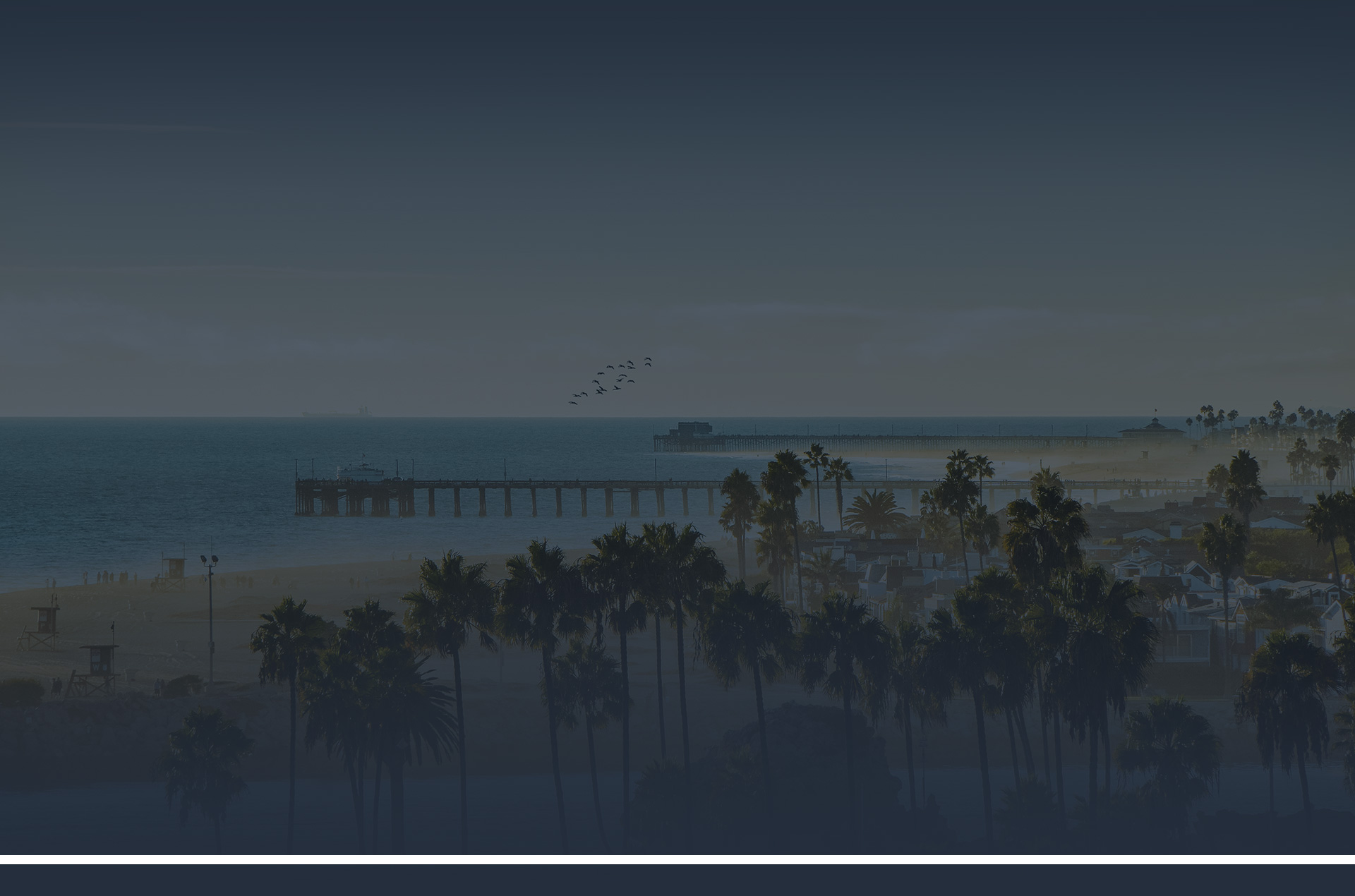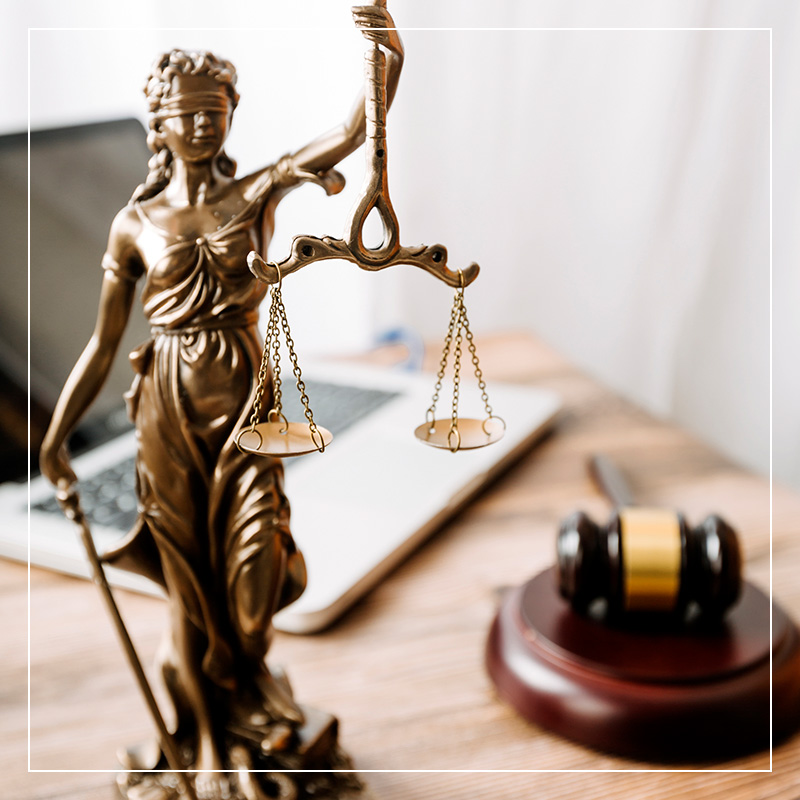Crimes committed with or for gangs are taken very seriously in California and can result in enhanced penalties beyond the standard sentencing for the original crime. In today’s blog, we will discuss California’s specific gang-related laws and the penalties for crimes committed in relation to gangs.
California’s Gang Crime Laws
Under both California and federal law, gang members convicted of serious felonies can receive harsher sentences than non-gang members who commit the same crimes. Such laws punishing gang membership generally address two categories:
- felony sentencing enhancements; and
- laws making it a crime to commit serious offenses on behalf of a gang, or in order to get into, or to maintain or improve one’s position in, a gang.
The statutes providing gang-related sentencing enhancements are 18 USC 521, the federal Criminal Street Gangs statute, and California Penal Code 186.22 PC(b), the gang sentencing enhancement of the California Street Terrorism Enforcement and Prevention Act (STEP). The federal statute calls for a penalty enhancement, specifically up to 10 additional years in jail for certain gang members who commit crimes with the intention of furthering the activities of the gang, or to maintain or advance their position within the gang. This prison time enhancement is also in addition to the penalty for the underlying crimes.
California STEP Act
The California Street Terrorism Enforcement and Prevention (STEP) Act eradicates criminal gang conduct by focusing upon patterns of criminal gang activity and the organized nature of street gangs. The law provides that:
- participation in a criminal street gang with knowledge that its members engage in criminal activity is punishable as either a misdemeanor or felony;
- conviction for a crime or public offense which was committed to promote or assist in criminal conduct by gang members is punished by an additional term in county jail or state prison; and
- a building or place used by gang members for the purpose of the commission of specified offenses will be considered nuisance, whether it is in a public or a private place.
So, under Penal Code 186.22(b), anyone who commits a felony for the benefit of a gang, with the specific intent to promote, further, or assist in the gang’s criminal conduct, will receive a mandatory prison sentence in addition and consecutive to the penalty for the underlying felony. Penalties include a year in county jail or up to 3 years in state prison.
Additionally, California Penal Code 186-186.8, the California Control of Profits of Organized Crime Act, is used to deprive the profits of gang members who commit 2 or more felonies for financial gain. As such, the penalty for violating this act is forfeiture of profits from their illegal conduct.
Also note that effective January 1, 1992, any firearm, its ammunition, or any deadly or dangerous weapon owned or possessed by a member of a criminal street gang to commit specified offenses may be confiscated by any law enforcement agency or peace officer.
Regarding anti-graffiti laws, it is also a misdemeanor for any person to sell, give, or in any way furnish to a minor any aerosol container of paint that can be used to deface property, and it is a misdemeanor for any person under the age of 18 years to purchase an aerosol container of paint which can be used to deface property.
Drive-By Shootings
An additional and consecutive punishment of 5 years in state prison is also prescribed for any gang related drive-by shooting, more specifically:
- Shooting at an occupied motor vehicle – any person convicted of a felony or an attempted felony discharged a firearm that caused great bodily injury or death
- Shooting from a motor vehicle – any person with intent to inflict great bodily injury or death inflicted great bodily injury or death as a result of discharging a firearm in the commission of a felony or attempted felony and is convicted of the felony or attempted felony
In any case, note that just because an individual is accused of a gang-related crime, it does not necessarily mean the prosecution will be able to prove this.
Defenses Against Gang-Related Crimes
Some common legal defense strategies to fight gang-related charges under both California and federal law could be arguing that:
- you didn’t commit the underlying crimes you are accused of;
- you weren’t an actual member of a gang;
- the gang doesn’t meet the definition of a “criminal street gang” under the applicable legal statute;
- the offenses you were charged with were not connected to, or in furtherance of, the gang’s illegal activities.
Let an Experienced Attorney Defend You
If you have been implicated in a gang-related crime in California, reach out to an experienced lawyer immediately. The consequences of gang offenses are more severe than convictions for the felony alone, as California law calls for sentencing enhancements that can add additional jail time to the crime if it was committed in relation to a gang.
Let a team of experienced attorneys handle your case. Contact Corrigan Welbourn Stokke, APLC today to discuss your case.



